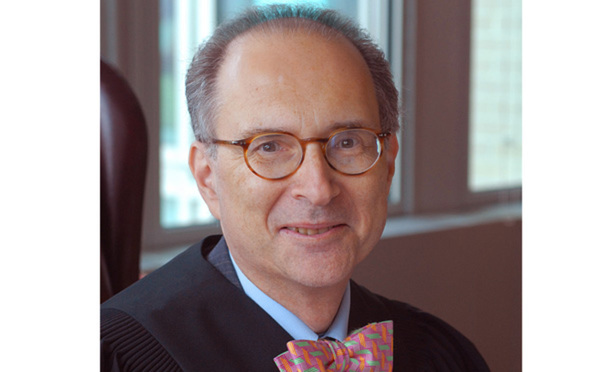For the second time this term, the Court of Appeals has addressed the prosecution’s strategy in presenting evidence and the legal consequences that will flow from that choice. Earlier this term, in People v. Kevin W., the court ruled that a prosecutor will not get a “second bite of the apple” if she miscalculates and fails to present sufficient evidence at a pretrial hearing.1 In People v. Gonzalez,2 the court has now held that, should a prosecutor choose to offer evidence sufficient to warrant charging a jury on the defense of extreme emotional disturbance (EED), the defendant can obtain a charge from the court without having to present his own evidence and without having to file statutory notice pursuant to CPL 250.10. The court also, for the first time, more sharply defined a defendant’s burden in establishing this affirmative defense.
This decision completes a line of cases by the court addressing the procedural complexities of the EED defense, in particular, the notice required under CPL 250.10. This statutory notice alerts the prosecutor and the court that the defendant intends to offer psychiatric evidence in connection with an EED defense. The court began this series of decisions by holding that an EED defense can be established by either expert or lay evidence.3
This content has been archived. It is available through our partners, LexisNexis® and Bloomberg Law.
To view this content, please continue to their sites.
Not a Lexis Subscriber?
Subscribe Now
Not a Bloomberg Law Subscriber?
Subscribe Now
LexisNexis® and Bloomberg Law are third party online distributors of the broad collection of current and archived versions of ALM's legal news publications. LexisNexis® and Bloomberg Law customers are able to access and use ALM's content, including content from the National Law Journal, The American Lawyer, Legaltech News, The New York Law Journal, and Corporate Counsel, as well as other sources of legal information.
For questions call 1-877-256-2472 or contact us at [email protected]



